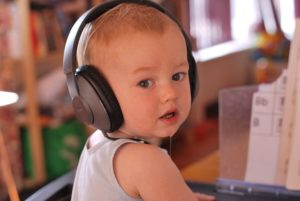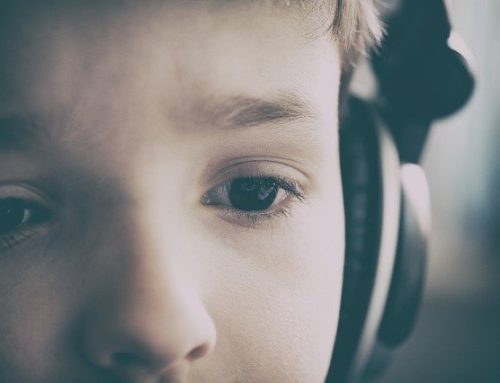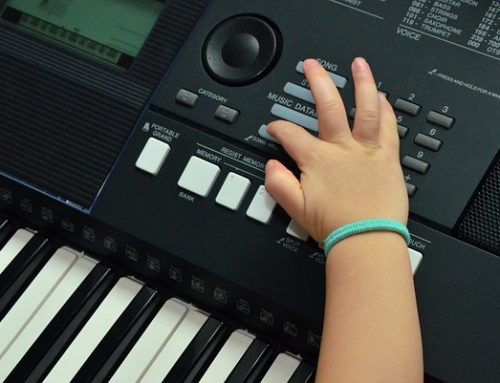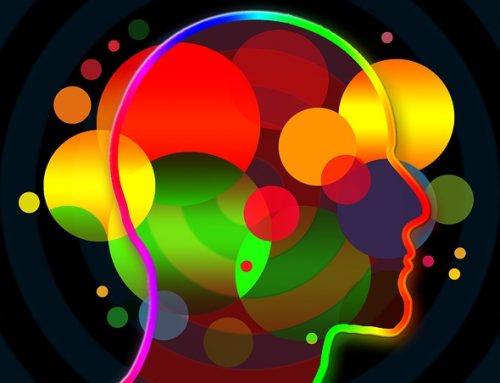Auditory processing refers to the way by which sound is received by the ear and then processed in the brain.
It is an incredibly complex process that stimulates a wide connection of neural networks—more than one might initially think. In fact, the brain has to receive and make sense of this sensory stimulus in a matter of micro-seconds.
However, sometimes children and adults have difficulties with auditory processing. This can occur even with normal hearing (my post “What Is Auditory Processing Disorder?” has more information on this matter).
What can help?
Measuring Sound Waves in the Brain
When an individual has difficulties with auditory processing, the Tomatis method has proven to be effective at helping people re-order their processing abilities. The sound training incorporated in the Tomatis method includes listening to classical music. Why is that important?
The work of Nina Kraus, an auditory neuroscientist at Northwestern University, offers fascinating insight into the role of music in auditory processing and learning. She often reminds her students that processing sound is one of the most difficult things the brain does.
Dr. Kraus has spent decades researching auditory processing. Through the use of electrodes placed on the scalps of individuals, she has been able to record how the brain processes sound. During her research studies, she plays recordings of a speech or musical performance to the volunteers and measures their brains’ responses. The electrical signals of an individual’s brain can then be “played back” for further insight into their auditory processing ability.
Amazingly, in people with good auditory processing, the electrical response (brain waves) in the auditory processing region of the brain looks exactly like the sound waves it hears.
Dr. Kraus has found that the brain waves of those who struggle with auditory processing, however, do not demonstrate this same mirroring of the original sound stimulus. The electric signals in their brains “record” the sound differently. Often, there is a great deal of neural static. The brain waves are not as sharp and clear. The “playback” is more muddled.
In these cases, the individual’s brain is not processing the sound accurately. What they hear is not what is actually being played to them. It is easy to imagine how this problem can affect learning and comprehension.
The Role of Music in Auditory Processing and Learning
 One of Dr. Kraus’ main research interests has been how music can help young students improve their reading skills. In order to gather information, she has worked with groups of low-income early elementary students.
One of Dr. Kraus’ main research interests has been how music can help young students improve their reading skills. In order to gather information, she has worked with groups of low-income early elementary students.
Through this research, she has found that the ability of a child to process sound is directly related to the educational level of their mother. Why? Because children whose mothers have lower education levels will hear, on average, 30 million fewer words before entering kindergarten than their peers!
Auditory sensory deprivation results in children being unable to effectively interpret and use the sounds they hear. This fact correlates directly with Dr. Tomatis’ understanding of how auditory processing ability begins in the womb as the baby listens to its mother’s voice.
A Remedy for Listening Problems
Dr. Kraus began an intervention program using music training to try to help these young students overcome their auditory disadvantages. She has found that learning rhythm is incredibly important for learning language. She also emphasizes the importance of interpreting what she calls “tambor” in music. Tambor is the difference in sound quality between various instruments, even when they are playing the same note.
Her research has shown that, when children with auditory deprivation are given music training, their reading abilities actually improve over time. As their listening skills grow, so does their ability to interpret and understand written language. Conversely, the children who do not receive music training do not show the same neural changes.
The Tomatis method has long integrated these same principles into its sound training. Our office clinicians are highly experienced in helping children build the auditory processing skills they need to be more effective both at school and in everyday life.
If your child is struggling with reading and comprehension, please reach out to us for more information.





